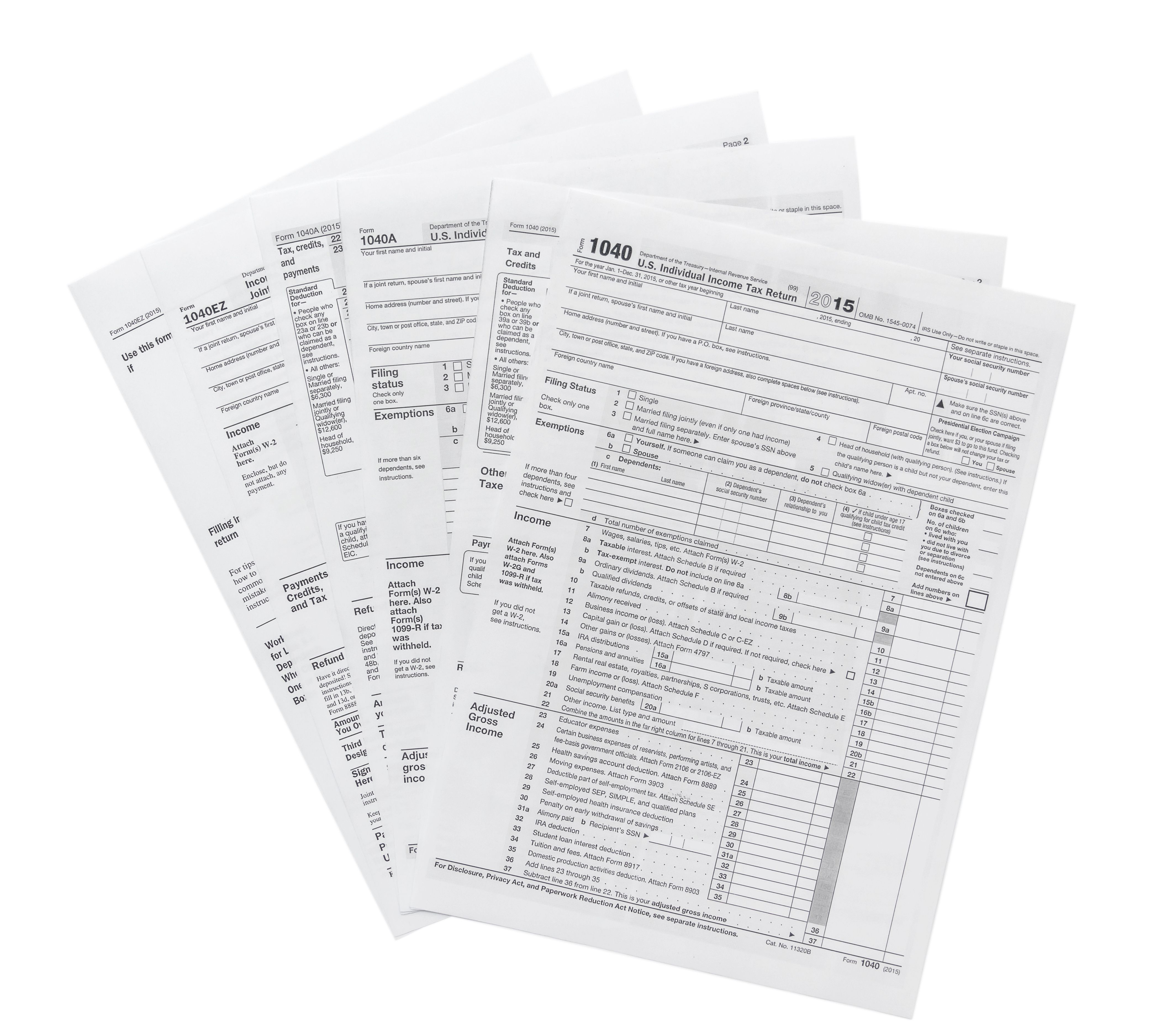Year-End Financial Checklist for Small Businesses in Los Angeles
Review Your Financial Statements
As the year comes to a close, it's essential for small businesses in Los Angeles to review their financial statements. This process involves examining your balance sheet, income statement, and cash flow statement. These documents provide a comprehensive view of your business’s financial health and help identify areas for improvement. Look for any discrepancies or unusual activities that may need further investigation.
Additionally, compare your current year’s data with previous years to understand trends and make informed decisions for the future. Pay close attention to your revenue and expenses to ensure that your business is on track to meet financial goals.

Organize Tax Documentation
Preparing for tax season is crucial, and organizing your tax documentation is an integral part of your year-end financial checklist. Make sure all receipts, invoices, and other relevant documents are properly filed and easily accessible. This not only helps in ensuring accuracy in your tax returns but also saves time and reduces stress when tax season arrives.
Consider consulting a tax professional to review your documents and provide advice on potential deductions or credits that you may be eligible for. This can help maximize your tax savings and ensure compliance with all applicable regulations.
Review Tax Payments
It's important to verify that any estimated tax payments made throughout the year align with your actual earnings. If there are discrepancies, you may need to adjust your final quarterly payment or prepare for a potential shortfall. Keeping accurate records of all payments is essential for smooth tax filing.

Assess Inventory Levels
For businesses dealing with physical products, assessing inventory levels is a key year-end task. Conduct a thorough inventory count to ensure accuracy in your records. This helps in identifying any discrepancies and provides insights into which products are performing well and which are not.
Analyzing this data allows you to make informed decisions about purchasing strategies, potential discounts, or even phasing out underperforming products. Managing inventory effectively ensures that you have the right products available at the right time, optimizing sales and reducing costs.
Plan for Future Inventory Needs
Use the insights gained from your inventory assessment to plan for future needs. Consider seasonal variations in demand, upcoming promotions, or changes in consumer preferences. This proactive approach ensures that your business is well-prepared for the year ahead.

Evaluate Business Expenses
Year-end is the perfect time to evaluate your business expenses and identify areas where you can cut costs. Review all expenses to determine if they are necessary and if they align with your business goals. Consider negotiating with vendors for better terms or exploring alternative suppliers if needed.
By identifying unnecessary expenses, you can improve your bottom line and allocate resources more effectively in the coming year.
Set Budget Goals
Based on your expense evaluation, set clear budget goals for the next year. Establishing a realistic budget helps guide financial decision-making and ensures that resources are used efficiently. Regularly reviewing and adjusting your budget throughout the year will help maintain financial stability.
A comprehensive year-end financial checklist not only prepares your small business for tax season but also sets the stage for a successful new year. By reviewing financial statements, organizing tax documentation, assessing inventory levels, evaluating expenses, and setting budget goals, Los Angeles businesses can maintain financial health and growth.